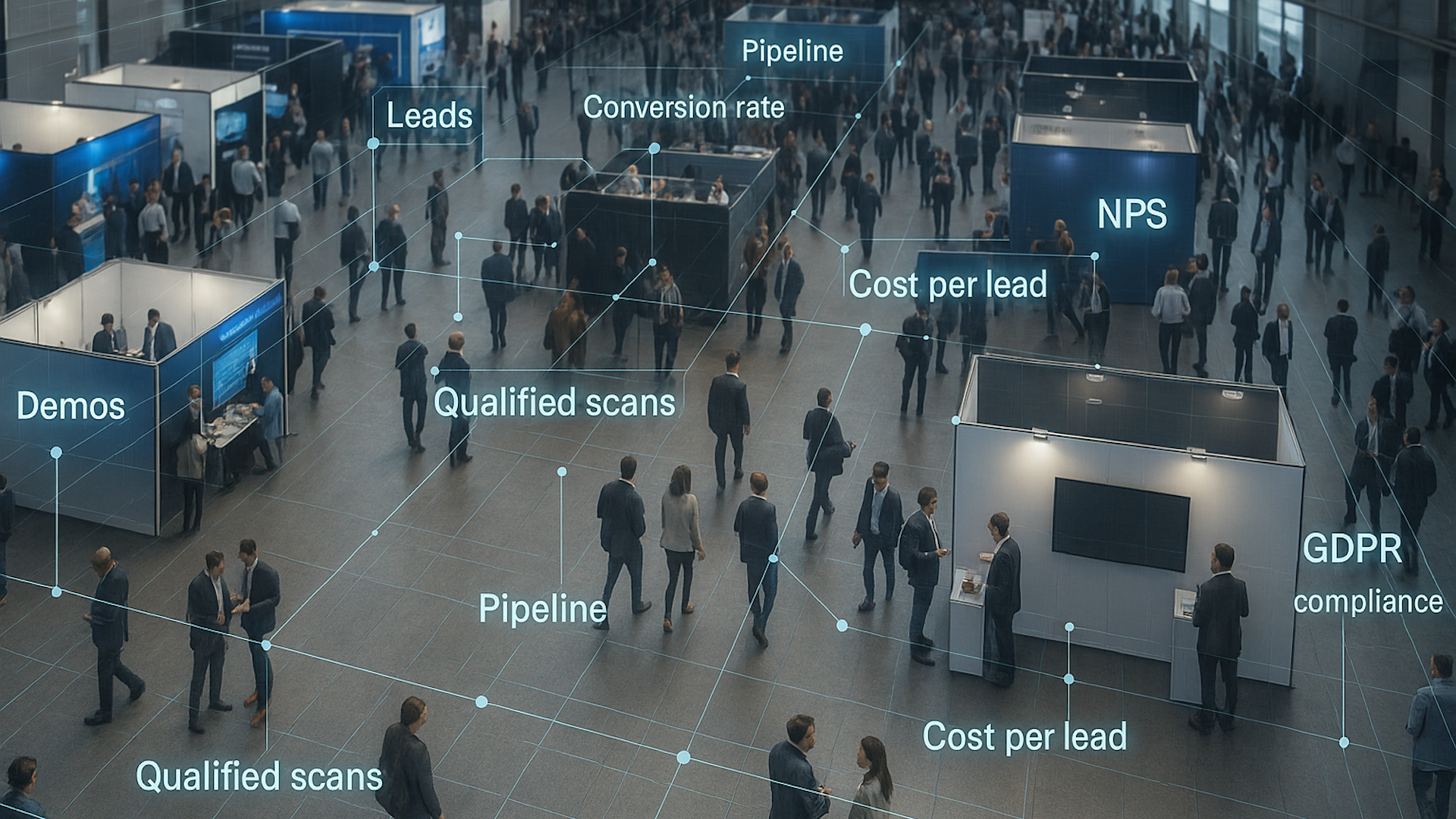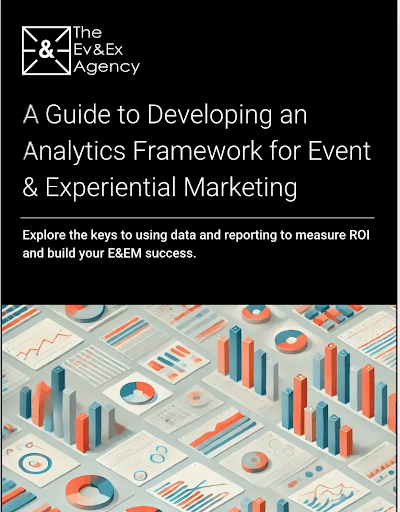While experiences can be powerful drivers of engagement and loyalty, they’re often still viewed as intangible or unmeasurable compared to digital channels. But it doesn’t have to be that way.
The solution? A structured, data-driven analytics framework—one that transforms your event portfolio from a black box into a transparent, high-performing engine.
The High Cost of Flying Blind
Too many event teams still rely on gut instinct or anecdotal feedback to evaluate success. When you don’t have a structured analytics framework in place, here’s what you risk:
- Wasted budget: Without performance benchmarks, it’s easy to overspend on tactics that don’t work—or underinvest in those that do.
- Missed optimization opportunities: If you can’t identify what worked and what didn’t, you’ll likely repeat the same mistakes.
- Poor stakeholder confidence: Leadership wants proof—not just praise. Without data, it’s difficult to secure future investment.
- Compliance and privacy issues: Inconsistent or unstructured data practices increase your exposure to regulatory risks.
- Weaker audience insights: Without clear metrics, you lose sight of who your audience is, what they value, and how to better engage them.
In short: no framework means no foresight.
Why a Framework Changes the Game
An analytics framework isn’t a dashboard. It’s not a one-off survey or a post-event recap slide. It’s a comprehensive structure that defines how your event marketing is measured, evaluated, and improved over time.
A good framework connects the dots between your event goals, the KPIs that measure them, the tools that collect data, and the reporting structures that turn it all into insight.
Here’s what you gain with the right framework in place:
- Strategic alignment: Every event maps back to business objectives, not just “good vibes.”
- Reliable KPIs: No more guessing which numbers matter—metrics are defined in advance and tracked consistently.
- Smarter decisions: With real-time and historical data, you can prioritize what’s working and shift away from what’s not.
- Stronger buy-in: Stakeholders get clear, data-backed reports that justify budgets and demonstrate progress.
- Future-proofing: Your framework evolves over time, allowing you to benchmark against past events and market trends.
From Tactics to Strategy
Most marketers already collect some kind of event data—registration numbers, badge scans, maybe post-event surveys. But data without structure is just noise.
An analytics framework organizes that noise into a narrative. It starts with SMART goals (specific, measurable, achievable, relevant, time-bound). Then it builds out the metrics and methodologies to support them.
Let’s say your goal is to increase qualified leads by 25% at your next trade show. Your framework might include:
- KPIs: Lead form completions, booth scans, demo sign-ups
- Tools: Badge scanners, CRM integrations, AI lead scoring
- Post-event tracking: Conversion rates, sales pipeline velocity
Without this kind of structure, your team could walk away from the show unsure if it was a win—or just a “feel-good” moment.
What Happens Without One?
The Ev&Ex Analytics Framework Guide outlines six major risks of not having a clear analytics strategy:
- Inability to prove ROI: You can’t show if your events deliver value—or justify the spend.
- Budget misallocation: You might keep funding low-impact efforts while missing high-performing ones.
- Missed engagement cues: Without real-time insights, you miss opportunities to improve midstream.
- Stakeholder doubt: Data-light proposals and recaps don’t inspire trust or investment.
- Privacy noncompliance: Ad hoc data collection practices may violate GDPR, CCPA, or internal protocols.
- Reputational risk: A lack of visibility can harm your brand’s credibility with both internal and external audiences.
The Bottom Line
You wouldn’t run a digital ad campaign without analytics. Why should events be any different?
As experiential marketing matures, the demand for accountability grows louder. Whether you’re running global summits, local activations, or internal conferences, you need to track performance, prove impact, and improve outcomes.
A structured analytics framework is how you do it.
So if your event strategy still leans on vibes instead of verified results, now is the time to change that. The data’s already there—you just need the system to make it work for you.


